Community Mini-Grant Spotlight: Milwaukee Riverkeeper
Milwaukee, WI
PFAS Outreach and Education Resources in Milwaukee River Basin
Each month, we spotlight one of GLPAN’s 2023 Community Mini-Grants Program awardees and provide an update on how their work is moving the needle to address the toxic PFAS crisis in Michigan and across the Great Lakes.
This month, we are shining the spotlight on Milwaukee Riverkeeper, a member of the Waterkeeper Alliance working to protect, improve, and advocate for water quality and wildlife habitat protection in the Milwaukee, Menomonee, and Kinnickinnic River Watersheds. We spoke with Riverkeeper Cheryl Nenn about how GLPAN Mini-Grant funding is supporting the organization’s work to test for and raise awareness about toxic PFAS contamination in the Milwaukee River Basin and across Wisconsin.
The Milwaukee River Basin encompasses 900 square miles, and its three rivers that flow into Lake Michigan provide drinking water for approximately 1.3 million people. With a network of thousands of volunteers, Milwaukee Riverkeeper has run a community water quality monitoring program since 2006 to test water quality and advocates for sustainable water policy and polluter accountability. Toxic PFAS contamination is a more recent addition to their work, and with the help of GLPAN funding in 2023, the organization has begun surface water testing and monitoring efforts for PFAS using the Cyclopure method.
However, awareness about toxic PFAS contamination and its impacts is lacking in most Wisconsin communities, and the state’s 70 parts per trillion (ppt) drinking water standard, and surface water standards passed in 2022, have not led to increased urgency to address the issue by the legislature. That’s why Milwaukee Riverkeeper is focusing their PFAS work on sampling and gathering other publicly available data about the extent of contamination in different parts of the watershed; and engaging Wisconsin communities with PFAS in their rivers and water supply to raise awareness and educate the public about the threats that PFAS poses to community health and the environment.
“Like other Midwestern states, Wisconsin, and the Milwaukee River Basin, are home to many sites with historic and current industrial contamination, which are likely sources of PFAS exposure. Thanks to previous state testing efforts, we know that high PFAS levels are found in many of our waters, river sediments, and fish in the Milwaukee Estuary as well as in the Kinnickinnic River, which drains Milwaukee’s Mitchell International Airport and associated military facilities. Recent drinking water samples from other watershed communities with significant industrial use – such as West Bend, Saukville, and Grafton – have also shown elevated levels of PFAS. While many communities have known about PFAS for years, most are still grappling with how to treat their drinking water, and public awareness is still lacking. GLPAN funds have helped us to monitor PFAS in the rivers in these communities, as well as to increase education and outreach efforts to better engage our communities and help people understand the dangers of toxic PFAS chemicals.” – Cheryl Nenn, Milwaukee Riverkeeper
With the help of GLPAN funding, Milwaukee Riverkeeper is expanding its testing efforts to gain a better understanding of the extent of PFAS contamination across the watershed, particularly in rural communities. This year, the organization plans to continue collecting water samples near impacted communities and suspected PFAS sources, and will conduct additional sampling on the Menomonee River, where a large landfill and several industries are suspected sources of PFAS contamination. With more data, Cheryl and Milwaukee Riverkeeper hope to accelerate policy discussions and public education efforts to build awareness and support for action to address the PFAS crisis across the Milwaukee River Basin.
We look forward to seeing how their work moves the needle throughout the rest of the year!



